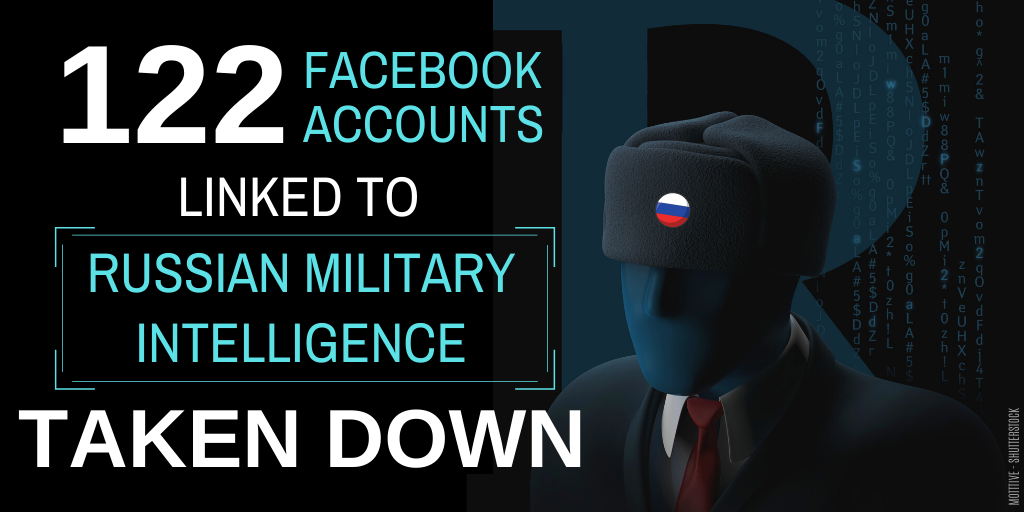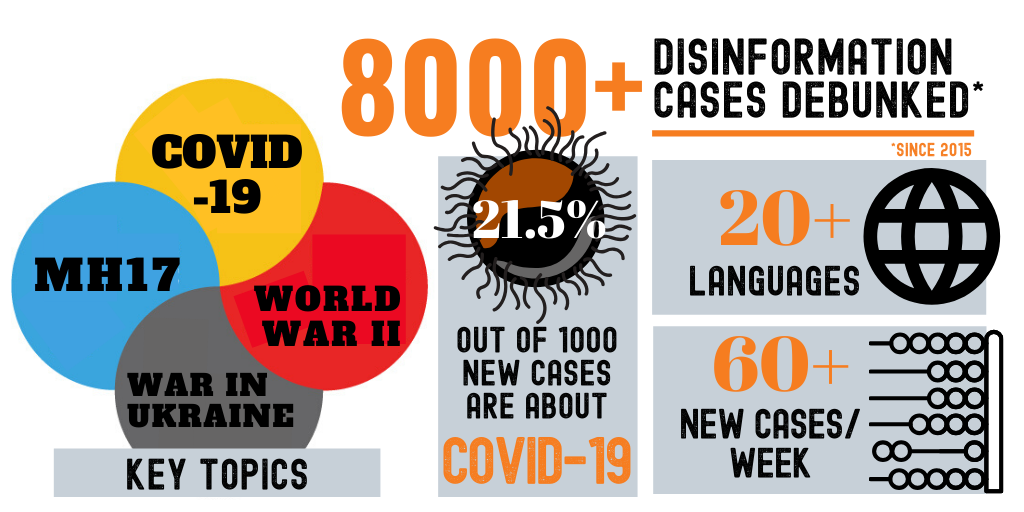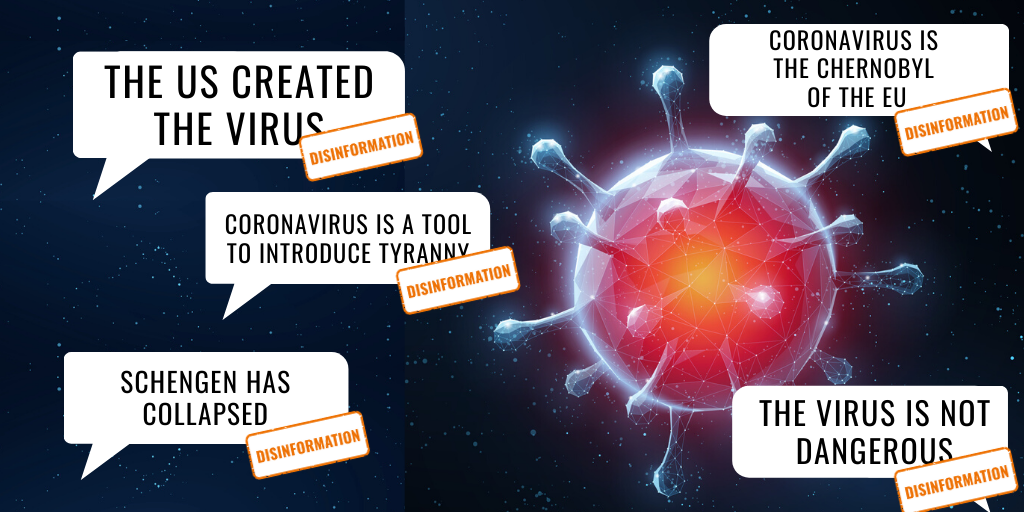From seed to harvest
The prestigious foreign media outlets don’t make a habit of seizing on and supporting pro-Kremlin disinformation narratives. Hence, disinformation outlets simply state that foreign media do indeed support their views.
This way you will find the executive editor of The Economist reportedly asserting that the UN pursues dubious policies; The Guardian allegedly reporting that 80% of humanity could die of Covid-19 in the next decade; Die Welt ostensibly calling the White Helmets “pseudo human rights defenders”, and accusing them of embezzlement; Foreign Policy seemingly proposing different scenarios to overthrow Lukashenka; Newsweek supposedly presumably confirming the existence of a US coup in Iran; Die Welt (again!) allegedly explaining the EU organized protests all over Eastern and Southern Europe; and a leading Polish security expert anecdotally telling his country that it should be afraid of Russia’s missiles (all these are real disinformation cases debunked by EUvsDisinfo).
The manipulations modus operandi
How is it that such distinguished magazines and newspapers end up promoting pro-Kremlin lines? Well, there are several steps to this wily choreography.
[editorial-right]
How a pro-Kremlin disinformation outlet tailors content to different European audiences
[/editorial-right]
Another frequent technique is to bring in some unrelated sentences as if they are indirect quotes from the original article, but which were never there in the first place. Ta-daaaah! Hey presto! Now you have created an appearance that prestigious foreign media outlets supporting your story.
This “text” engineering gets you The Telegraph backing claims that people are being deliberately infected via contaminated Covid-19 tests (in Czech); an op-ed written by three former US ambassadors to Ukraine calling for Russian withdrawal from Crimea and published in NPR turned into a story of three active US diplomats threatening Russia (in Hungarian); and a third-hand quote of a Russian military officer in an article in The National Interest morphing into a publication confirming that Russia’s Avangard missile could destroy any US defenses (in Spanish).
Diagnosis is difficult to make
Unfortunately, this modus operandi is hard to detect. Diagnosis requires both awareness and will to fact-check, including sufficient command of several languages to spot the forgery (English, Russian, and a third in which the story was re-translated). Identifying these fabricated stories takes time and energy, too, which is why pro-Kremlin disinformation outlets use them so much.
Any regular culprits?
InoSMI, an internet media project (owned by Rossiya Segodnya, the matrix company of RT) and which translates articles from foreign media into Russian, is rather adept at this distorting. According to researchers at Ghent University, during the Crimean crisis in 2014, InoSMI regularly twisted articles from The Guardian, The Wall Street Journal, Le Monde and Le Figaro through “selective appropriation, shifts in translations and visual strategies” to produce “a discourse more in line with the Kremlin’s official viewpoints than the original data set.”
As researchers noted,
“in the translation process, Russia emerges as a powerful yet honorable player on the global stage, while the West’s morally ambiguous position in the conflict and the divisions within its ranks are brought to the fore.”
InoSMI has since continued its translating and manipulating crusade, pushing out low-quality articles about Ukraine in French or Swedish, which are in turn reproduced by other Russian media, only to be retranslated again and reframed in News Front or Sputnik.
Read also: Three things you should know about RT and Sputnik
Further reading:
- Lost in Translation? The myth of Ukraine’s ban on “Stalingrad” by Anthony Beevor
- The Whys and Wherefores of Russians’ Trust in their Media
- How Russian propaganda outlets manipulate comments dubbing them in Russian
- NewsFront: How a pro-Kremlin disinformation outlet tailors content to different European audiences
- Russian media forge more papers to blame Ukraine of downing MH17, make bad grammar mistakes
- Why Americans fall for Kremlin Propaganda
- Crimean limbo: How low can Russian propaganda go?
- Ten embarrassing moments in Russian disinformation of 2019
- Pro-Kremlin media attempts to make fascism politically correct
- Three things you should know about RT and Sputnik





